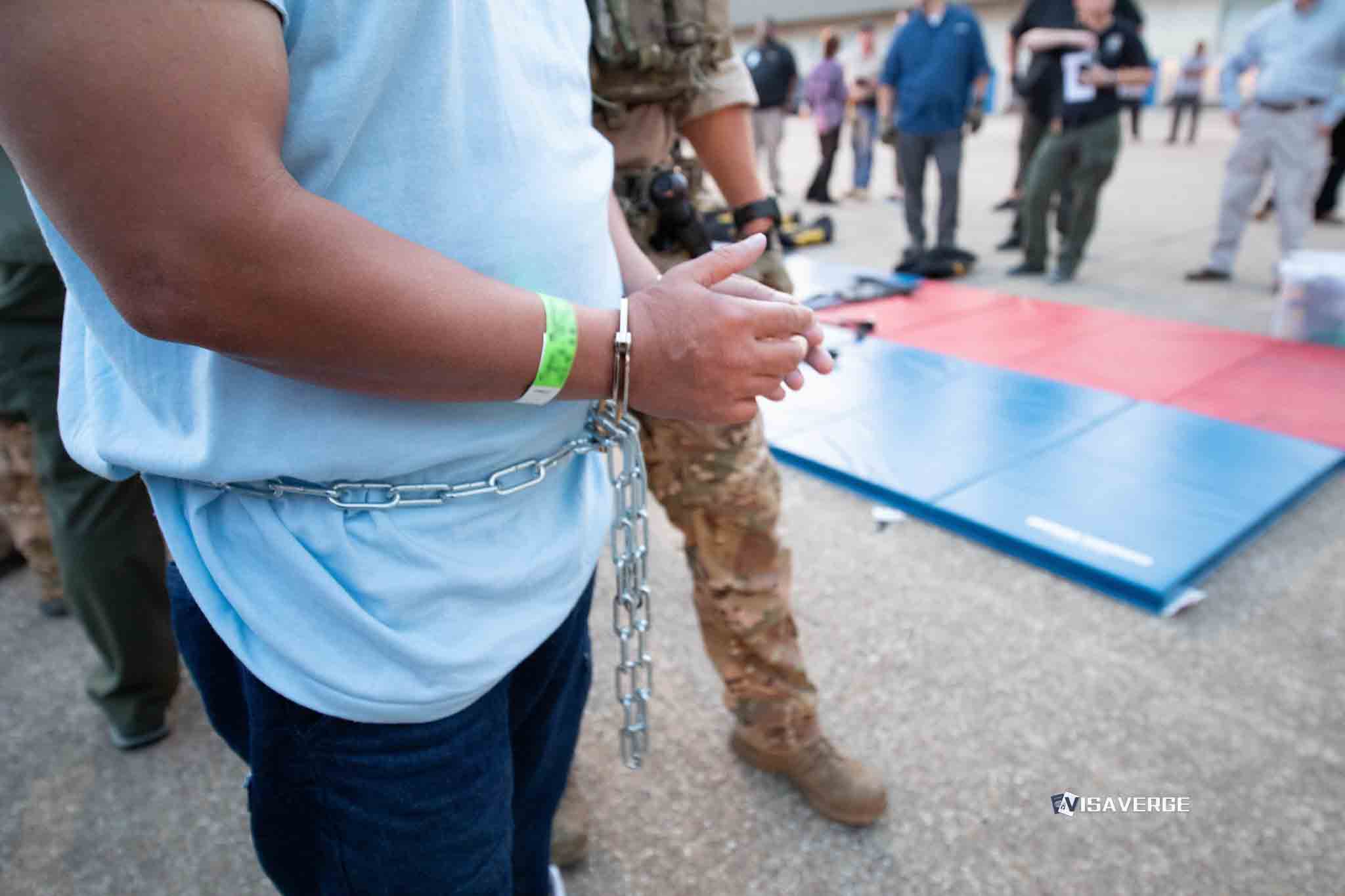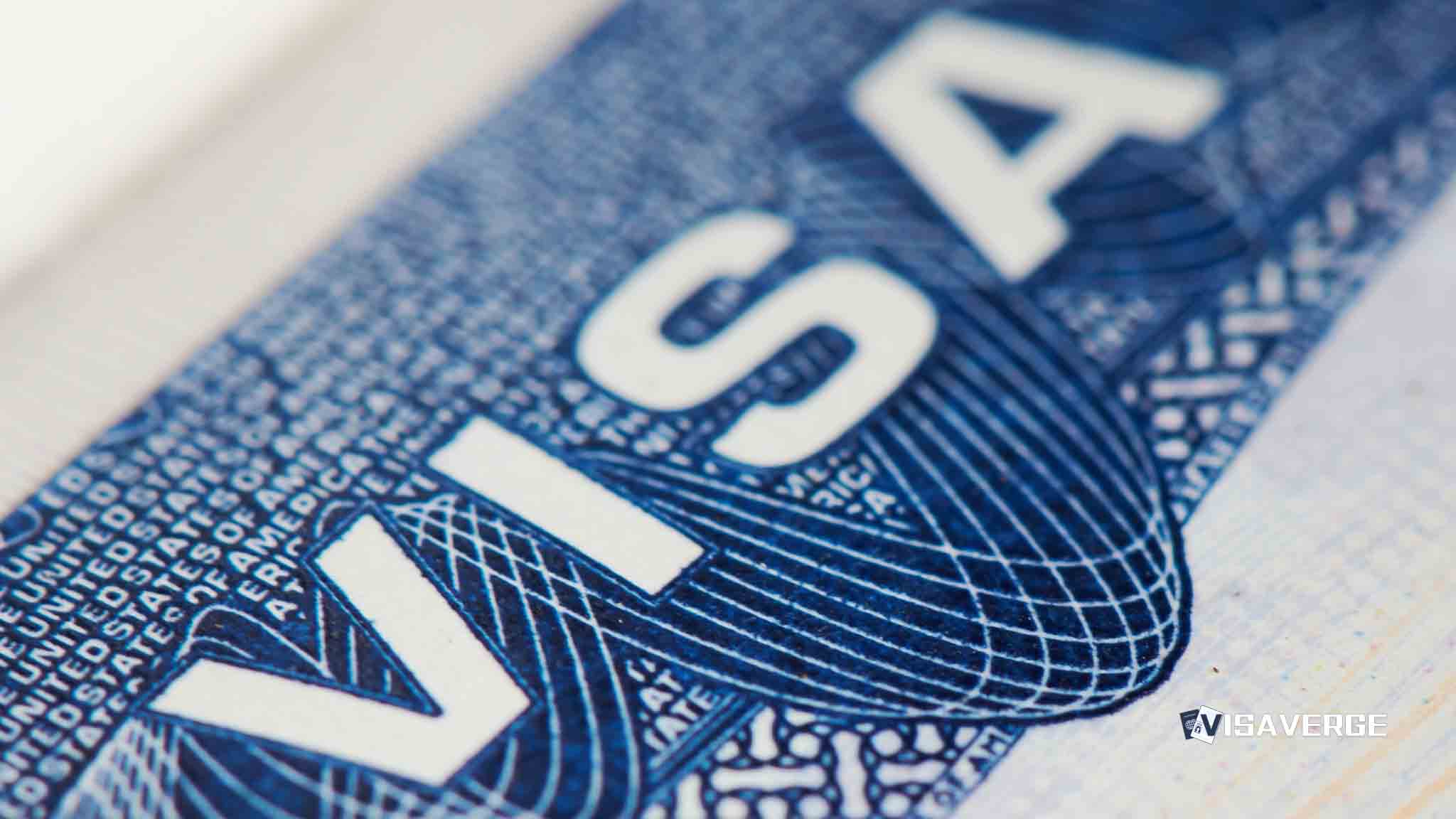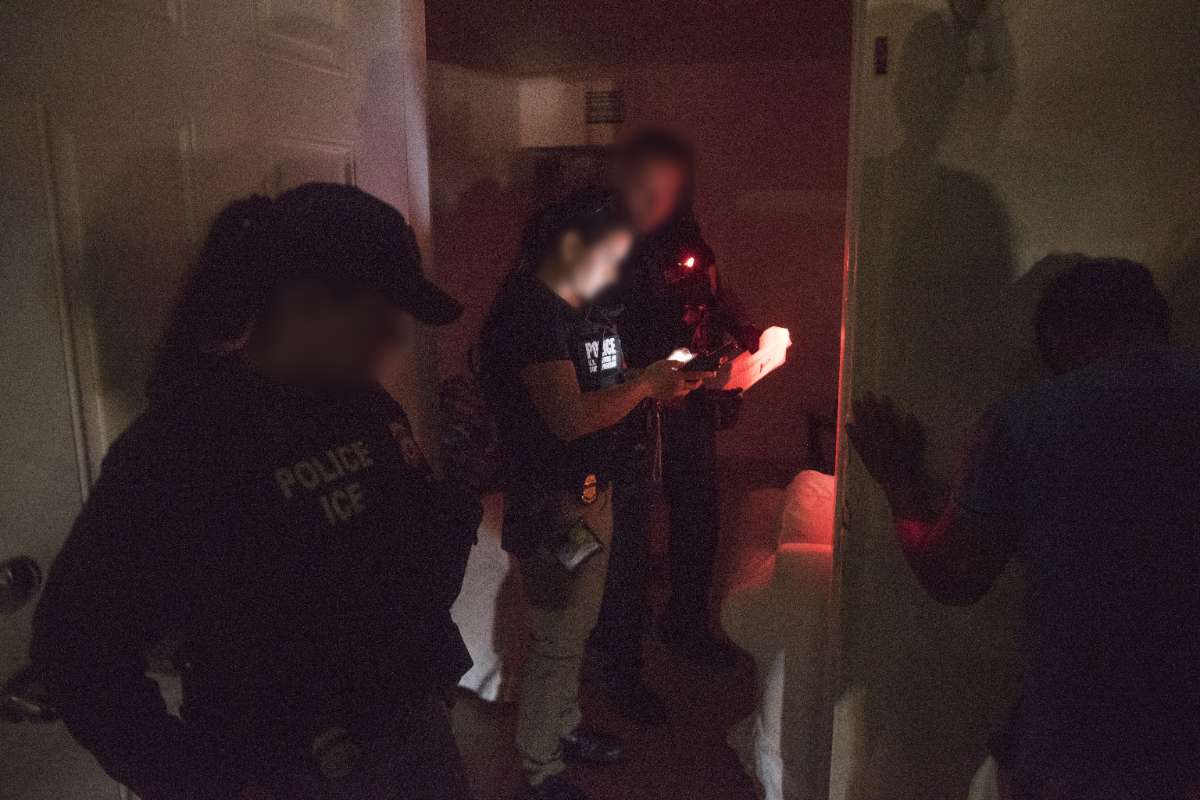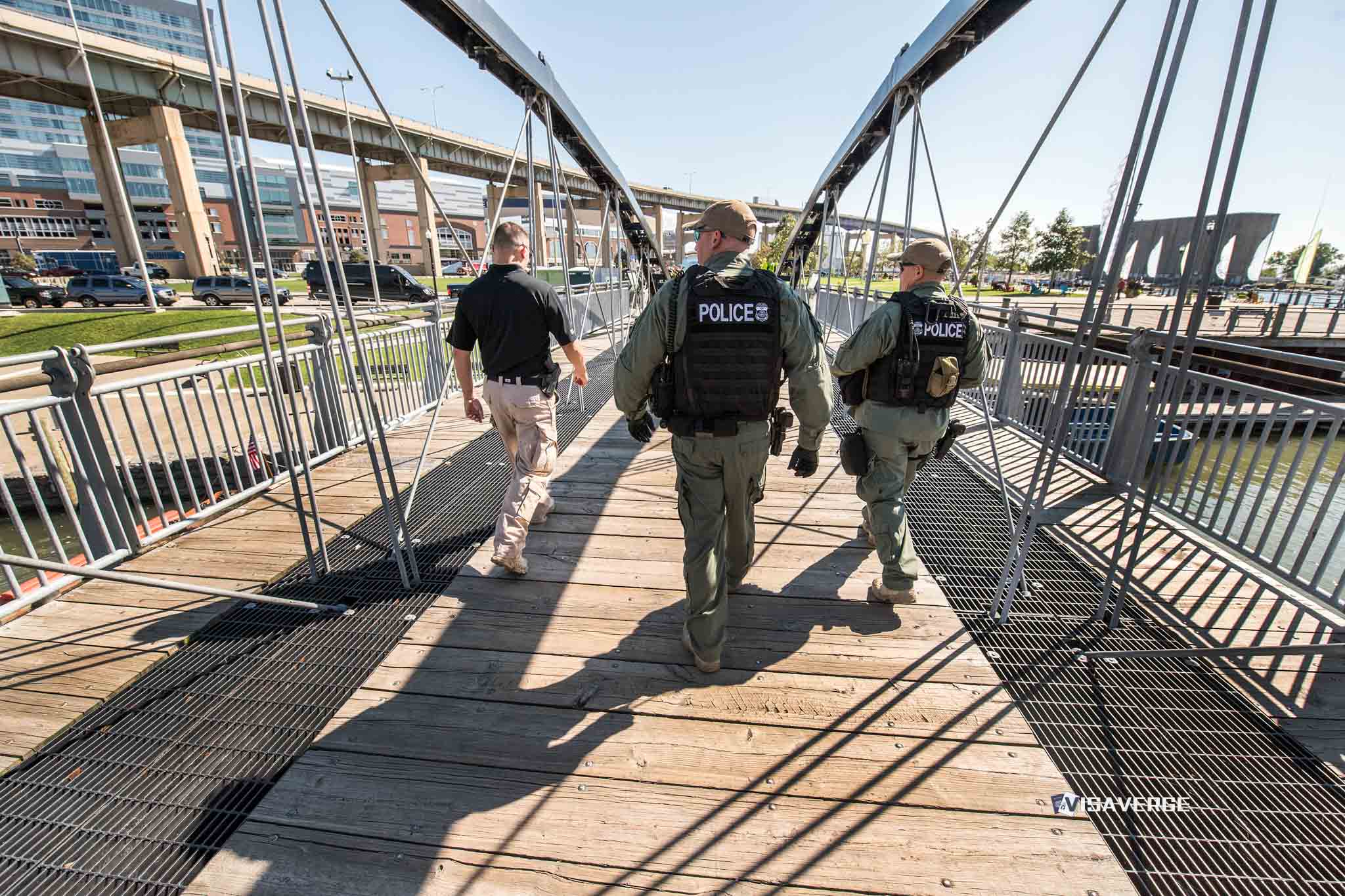Federal immigration officers say they made multiple arrests in the Charlotte area during a recent immigration enforcement operation, but questions are growing over who is checking those claims and what happens if they detain the wrong person. The Department of Homeland Security and U.S. Immigration and Customs Enforcement release their own arrest numbers, yet there is no automatic outside review of who was taken into custody or whether those people were actually in the country without permission.
How ICE activity is verified in Charlotte

According to analysis by VisaVerge.com, most verification of ICE activity in Charlotte still comes from ICE and DHS internal records, including arrest logs and operational reports. Independent confirmation tends to rely on a patchwork of sources:
- Local police information
- Media reporting
- Eyewitness videos
- Monitoring by civil rights and immigrant advocacy groups
In practice, that means the agencies largely control the first public version of what happened, while outside groups work afterward to check and, at times, challenge those accounts.
Mistaken detentions: scope and consequences
Community lawyers and organizers in Charlotte say that gap matters because some people stopped in these operations turn out to be U.S. citizens or lawful residents. Source material notes that video footage and community accounts from similar actions have shown U.S. citizens being temporarily detained during enforcement sweeps.
When that happens, ICE is supposed to:
- Confirm identity and immigration status.
- Release the person once citizenship or legal status is proven.
Still, the time spent in custody and the fear it causes for families can be intense. Legal experts emphasize that harm often continues after release — lost work, emotional distress, and trauma from force used during detention.
ICE responsibility and required proof
Responsibility for mistakes rests with ICE. The agency is charged with confirming a person’s identity both before and after an arrest, and with correcting errors quickly.
- If officers pick up the wrong person, ICE is required to release them once they show proof of status, such as:
- U.S. passport
- Birth certificate
- Naturalization certificate
However, release does not erase other harms. People who were wrongfully detained can pursue legal remedies.
Legal remedies: FTCA and the process
The primary federal remedy discussed is the Federal Tort Claims Act (FTCA), which allows individuals to seek money damages for injuries caused by wrongful acts of federal employees acting in their official capacities.
Key points about pursuing an FTCA claim:
- Possible claims include unlawful detention and excessive force.
- Typically, claimants must first file an administrative claim with the federal government, often using Standard Form 95.
- The Standard Form 95 is available on the U.S. Department of Justice website: https://www.justice.gov/civil/documents/standard-form-95.
Lawyers stress that suing ICE is legally complex. The FTCA has limits, exceptions, and strict deadlines. Legal specialists strongly recommend contacting an immigration or civil rights attorney as soon as possible if you believe you were wrongfully detained during an ICE operation.
National context and patterns
The concerns in Charlotte reflect broader national reports of aggressive tactics in some ICE operations. Source material references alleged incidents including:
- Vehicle ramming
- Violent arrests
- Detentions of naturalized citizens
Across the country, ICE faces multiple lawsuits and administrative claims tied to arrests and detentions, with billions of dollars in damages reportedly sought. Actual payouts remain low, but the volume and scope of cases show the high stakes when enforcement goes wrong.
Lack of routine independent audits
Despite the risks, there is no routine, independent audit of ICE arrest lists after large enforcement actions. Outside checks usually occur only when:
- A case draws media attention
- A lawsuit is filed
- Local officials or advocacy groups intervene
Civil rights organizations, including groups like the American Civil Liberties Union, provide public guides on how to document ICE activity, collect videos or photos, and report incidents believed to involve unlawful stops or detentions. These guides are often used in places like Charlotte when community members try to verify whether official arrest stories match what they witnessed.
Know your rights during ICE encounters
At the individual level, people do have certain basic rights during ICE encounters:
- Ask ICE agents to show identification.
- When agents seek to enter a home, ask to see a warrant signed by a judge.
- A warrant signed only by an ICE supervisor does not allow entry without consent.
- You have the right to remain silent.
- You may refuse to sign documents you do not understand.
Community educators in Charlotte say that knowing and calmly using these rights can help prevent some wrongful arrests or at least create a clearer record if a case later ends up in court.
Important: Even when rights exist on paper, fear and disruption are real. Families may keep children home from school, workers may skip shifts, and mixed-status households often feel especially vulnerable.
What’s left unresolved in Charlotte
For now, the official record of the recent Charlotte arrests remains rooted in ICE and DHS statements, with only limited outside verification about who was taken and why. The federal government provides general information about ICE’s arrest authority and complaint processes on sites such as https://www.ice.gov, but it does not publish a detailed, public, case-by-case breakdown for each operation.
That leaves families, lawyers, local reporters, and rights groups to reconstruct events and, if necessary, pursue complex legal tools like the FTCA long after the enforcement action ends.
Practical steps for individuals and communities
- Document interactions safely: photos, videos, notes of names/dates/locations.
- Encourage witnesses to preserve evidence and contact community legal organizations.
- Seek prompt legal advice from immigration or civil rights attorneys if detained or if a loved one is detained.
- Use public guides from civil rights groups to learn safe documenting and reporting practices.
This combination of documentation, legal advice, and community monitoring is often the only way to challenge or verify official accounts of enforcement operations and to pursue accountability if a wrongful arrest occurs.
In Charlotte, ICE and DHS reported arrests during a recent enforcement operation, but independent verification is limited. Local police, media, eyewitness videos and advocacy groups provide fragmented checks. Mistaken detentions of citizens or lawful residents have been documented, causing trauma and economic loss. Legal remedies include administrative claims and FTCA lawsuits, which are complex and time-sensitive. Community documentation and prompt legal advice are key to challenging questionable arrests.








